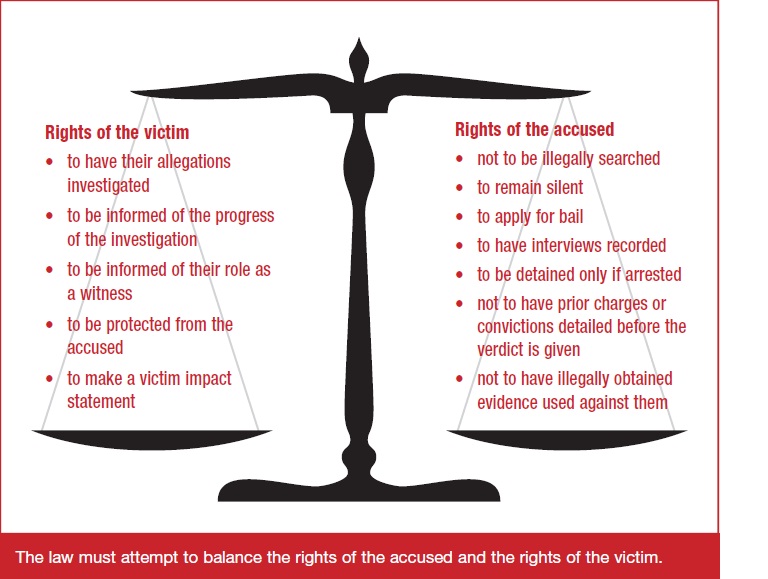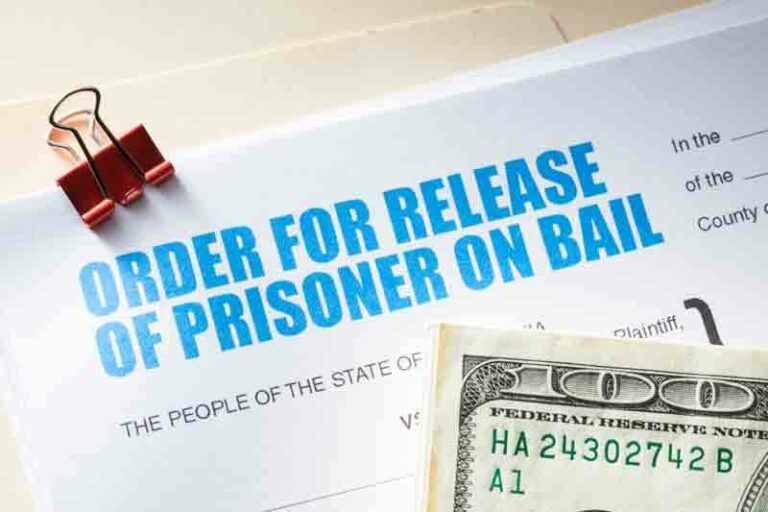Bail bonds across states: What’s the difference?
Bail bonds are an essential aspect of the criminal justice system. They permit a defendant to avoid spending time in jail while waiting for their trial by paying a certain amount of money. However, the laws and regulations regarding bail bonds differ from state to state. This article aims to explore the differences between bail bonds across states and the laws and regulations that affect them.
Bail Bonds: Same or Different Across States?
The short answer is different. Bail bonds vary from state to state, and the rules differ too. Some states have bail bondsmen, while others do not. A bail bondsman is a person or company that provides bail money for a fee. In states without bail bondsmen, the defendant must pay the entire bail amount in cash or by posting a property bond.
In states where bail bondsmen are allowed, they must be licensed and follow specific rules and regulations. The fees they charge are also regulated by state law. In most states, the fee is ten percent of the bail amount. For example, if the bail is $10,000, the bail bondsman will charge $1,000. The bail bondsman will also require collateral, such as a car or house, to ensure that the defendant shows up for court.
State Laws and Regulations Affecting Bail Bonds
State laws and regulations play a significant role in the bail bond process. Some states have specific laws regarding who can be a bail bondsman and how they must operate. Other states have regulations regarding the fees that can be charged, the required collateral, and the process for revoking a bond.
For example, in Illinois, bail bondsmen are not allowed to advertise their services. In California, bail bondsmen must have a physical office. In Florida, the state regulates how much a bail bondsman can charge in fees. Understanding the laws and regulations in your state is essential, whether you are a defendant, a bail bondsman, or an attorney.
In conclusion, bail bonds differ from state to state, and the laws and regulations that affect them are unique. It is crucial to understand these differences to navigate the bail bond process successfully. Whether you are a defendant or a bail bondsman, knowing the rules and regulations in your state will ensure that you avoid legal issues and make informed decisions.
Article by:
AA Best Bail Bonds
1320 Broadway St.
Kerrville, TX 78028
Phone: 830-895-0966







